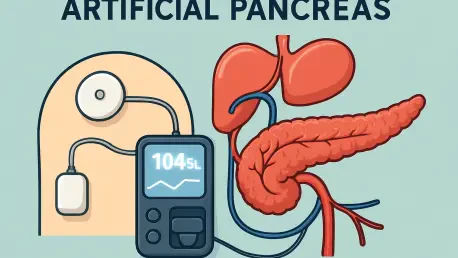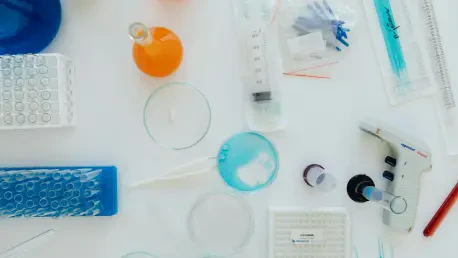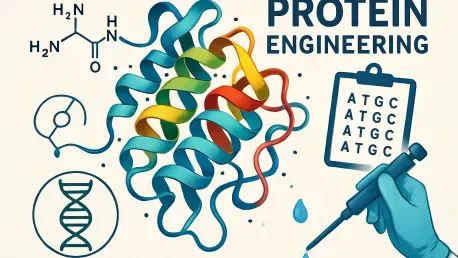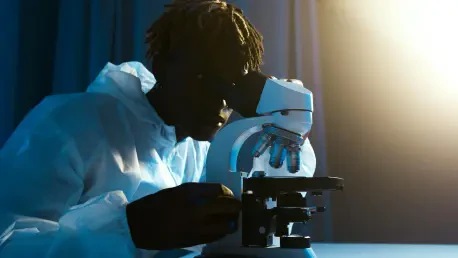
In a transformative leap for healthcare technology, researchers have integrated synthetic biology, electronics, and mobile technology into ingestible capsules that can communicate with engineered bacteria in the human gut. This groundbreaking development offers promising potential for diagnosing

In the realm of bioengineering, certain individuals make contributions so significant that they shift the direction of entire fields. David Gough, a pioneering figure in this domain, particularly in glucose sensing and biosensors, stands as an exemplar of such enduring impact. His work has

The realm of drug discovery has always been a complex, costly, and time-consuming endeavor, with high failure rates due to intrinsic complexities. Among the pivotal challenges is the need to meticulously screen thousands or even millions of molecules to identify one with the desired therapeutic

Advancements in protein engineering now stand on the brink of a revolution, driven by innovative solutions like AiCE—a novel AI framework reshaping how proteins are designed and optimized. Traditional challenges such as cost, scalability, and the accessibility of AI-based methods have hindered

The rapid convergence of artificial intelligence (AI) and biological sciences marks a new era of transformative technological advancements, with the lines between organic and artificial systems becoming increasingly intertwined. This evolution challenges traditional concepts of AI, moving beyond

In a monumental stride toward understanding and addressing ultra-rare genetic disorders, a research team at Tel Aviv University's Gray Faculty of Medical and Health Sciences has pioneered a groundbreaking model. This endeavor focuses on replicating a perilous condition tied to a mutation in the